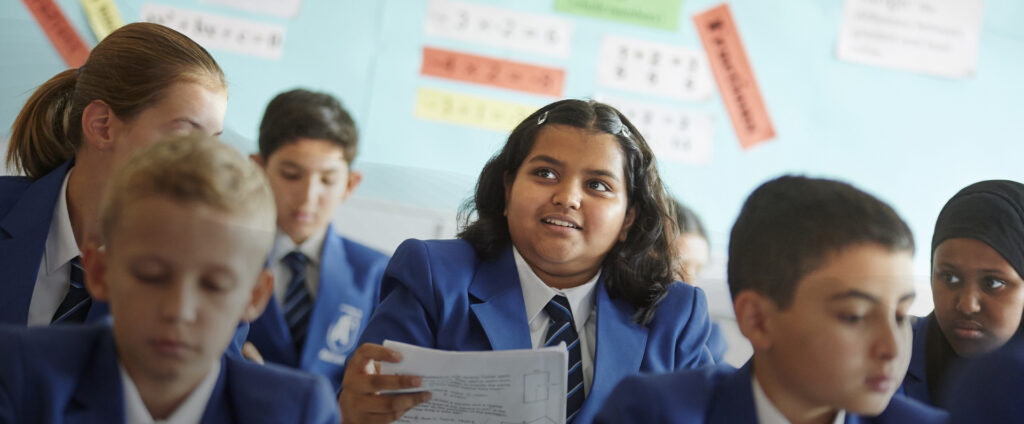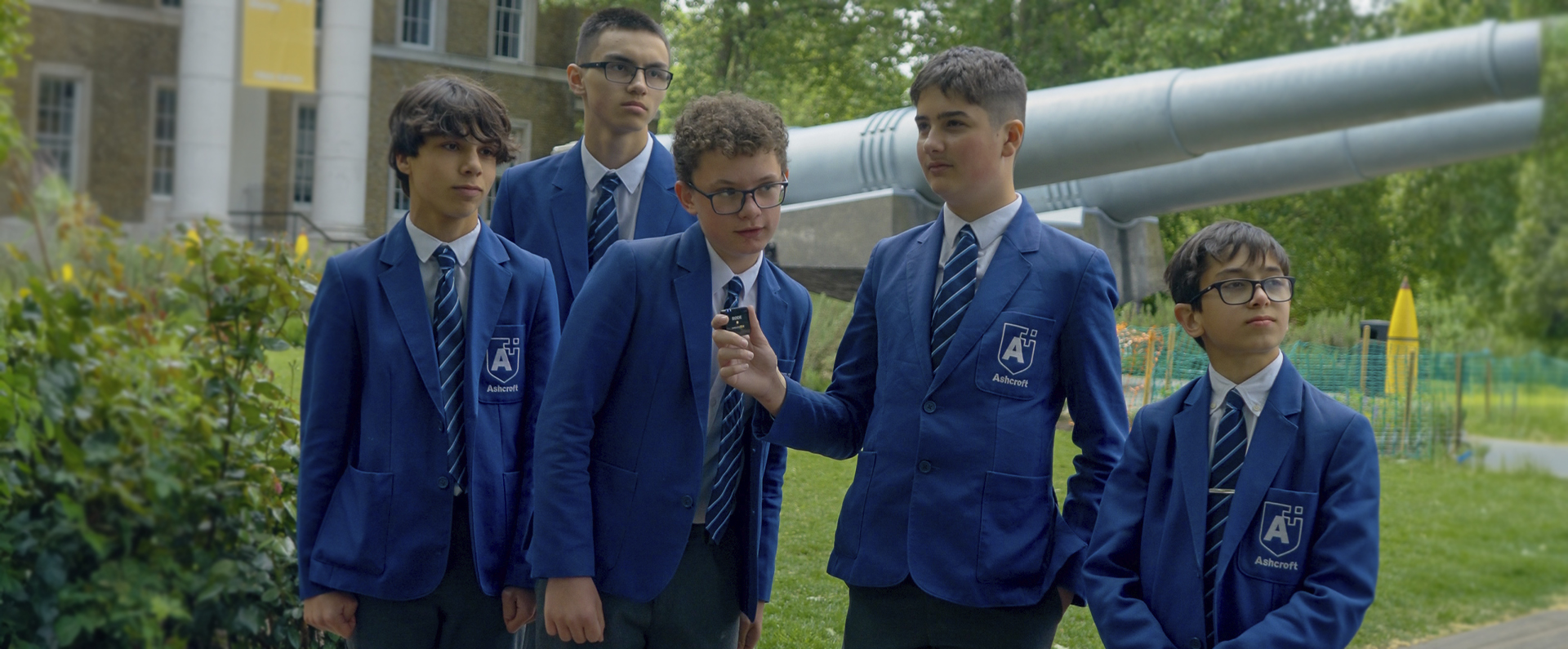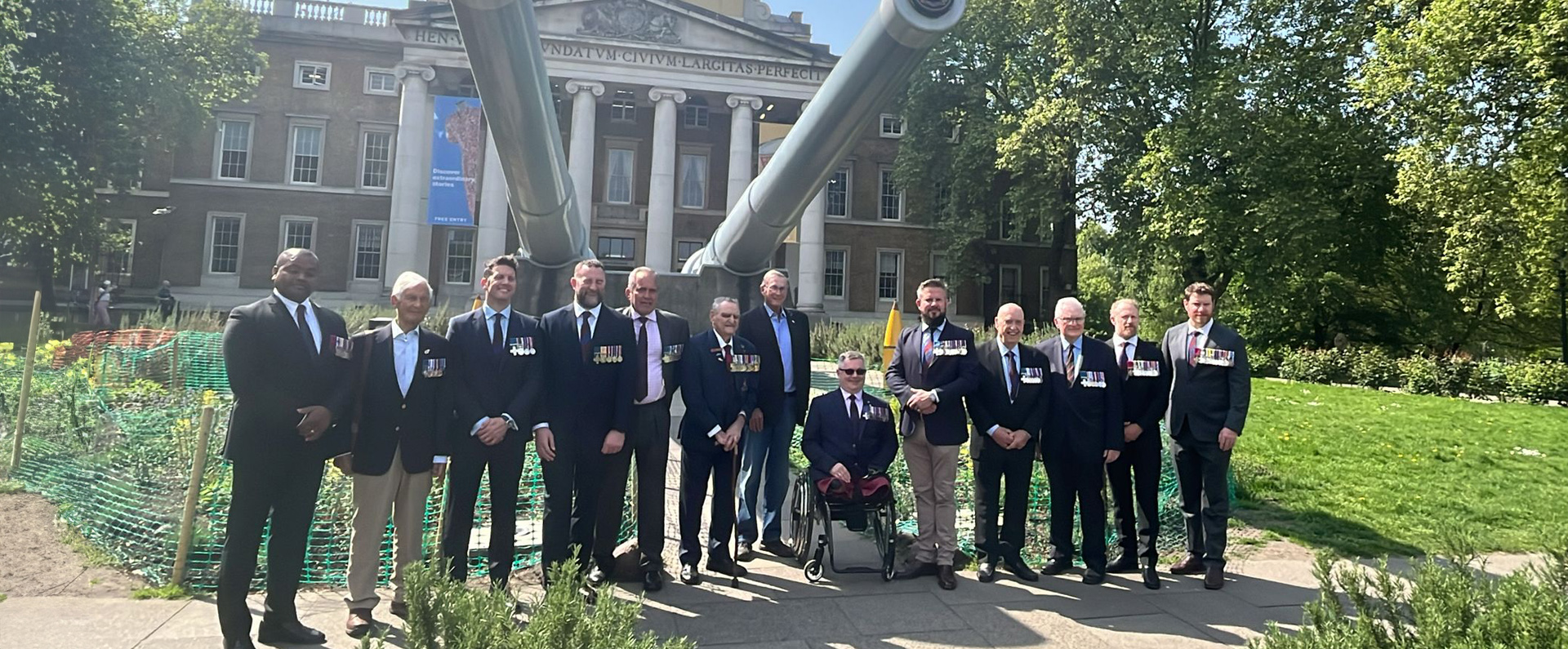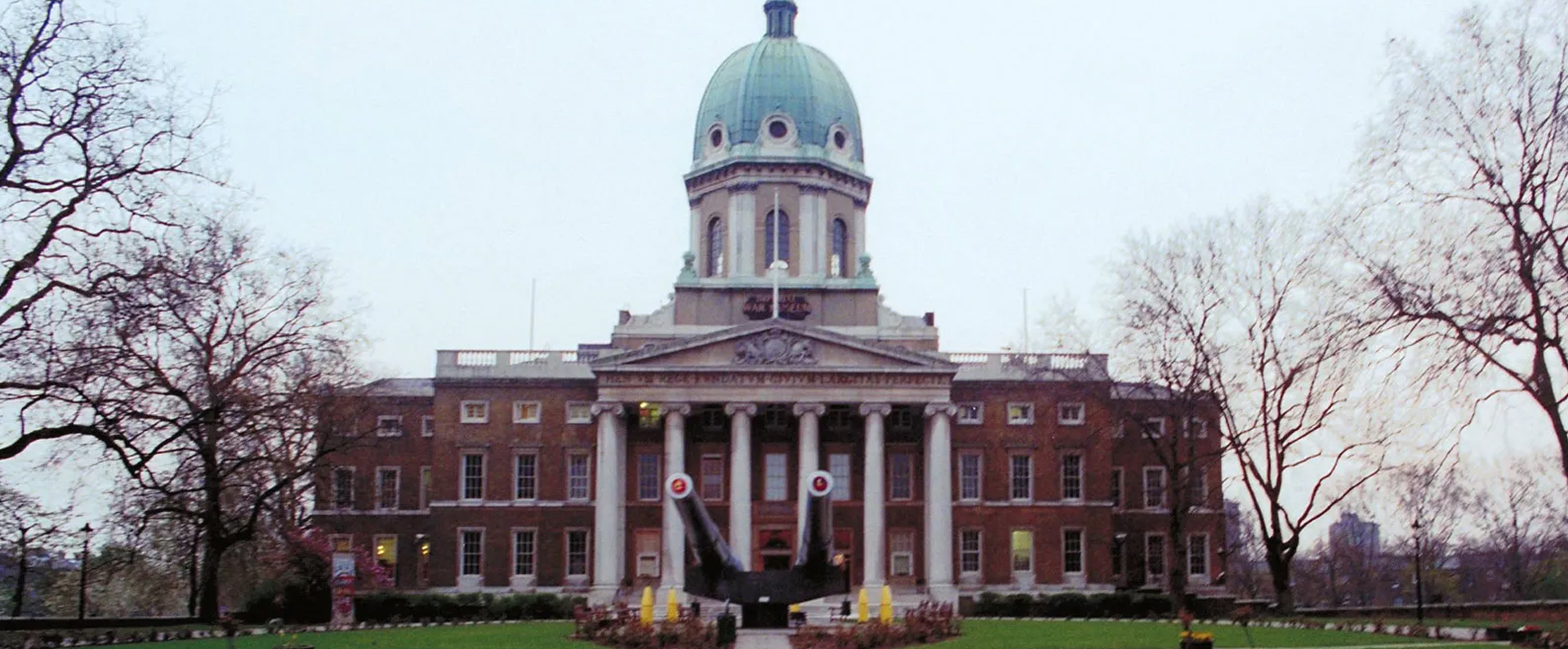
Each year, I am delighted with the results the students at Ashcroft Technology Academy achieve. However, it is always the “progress score” that I find to be particularly impressive. This score is the measure of progress students make at secondary school from the end of Year 6 to the end of Year 11 in their GCSE exams. The higher the progress score a school receives, the more progress students make at that school – when compared with all other schools in the country. It is also the measure against which secondary schools are judged. The Academy’s progress score is outstanding; it is not only the top performing secondary school in the Borough of Wandsworth (again); it is the top performing school in South London and it is in the top 1% of secondary schools in England.

What makes this achievement even more impressive is the fact that almost a third of the students at the Academy have a diagnosed Special Educational Need, the Academy operates an Autistic Resource Base and approximately a third of the students at the Academy are classed as economically ‘disadvantaged’. Nevertheless, almost 45% of the grades awarded to the students were grade 7, 8 or 9 (A or A* in “old money”). Moreover, every student studies a very broad and academic curriculum, which is designed to prepare them for success in the future. All students at the Academy, regardless of background, are prepared by staff to sit GCSE exams in the six subjects which form the Government’s EBACC qualification: English Literature, English Language, Maths, Science, Geography or History and French. Very few secondary schools in England offer this academic and ambitious curriculum, and those that do are, in the main, grammar schools – therefore highly selective.
Students at the Academy also spend more time each day at the Academy than students do in other schools – over 37 and a half hours per week in core lessons – and students participate in extra-curricular activities outside of lessons and in supported study and additional subject-specific enrichment activities. The government aims to set a national minimum of 32 and a half hours of secondary schooling per week; however, the start date for this has been delayed by a further year and, as a result, there are many secondary schools that do not meet this minimum requirement.
I know that the Academy faces challenges over the expectations it has of its young people – namely, excellent behaviour at all times, respect and kindness, excellent attendance and hard work. These are, after all, desirable qualities schools should foster in all of their students. However, I know that Local Authorities believe that the Academy should behave differently, in a much less ambitious way with certain students. Sadly, this means that they promote an approach that depresses standards and depresses the rigour of the curriculum to make life easier for students. I am also impressed with the way in which staff at the Academy respond to these unwanted challenges and provide what we believe to be the very best for the children. The results prove that it is the right thing to do.
The success these students achieve is, in no small part, down to the dedication and expertise of the staff at the Academy, the very ambitious expectations the Academy has of its students and the students’ work ethic.
Lord Ashcroft KCMG, PC, founder and Chairman of the Trustees of the Ashcroft Technology Academy.



